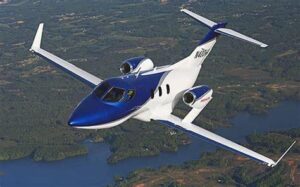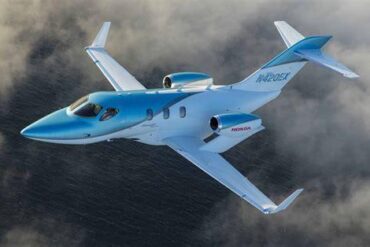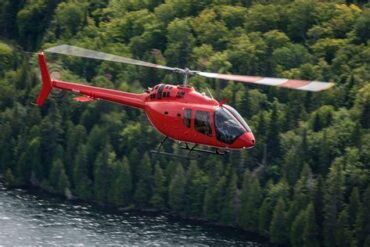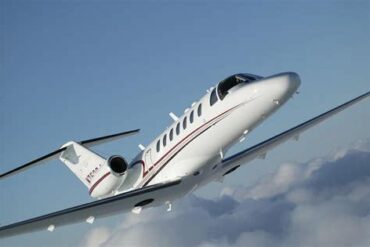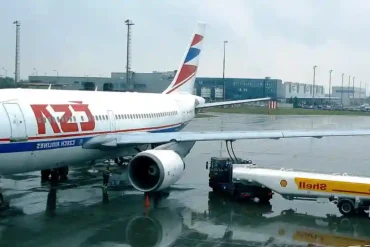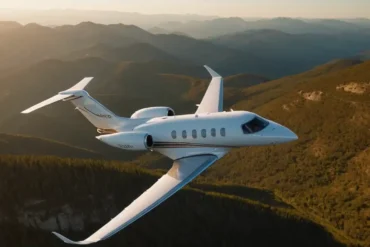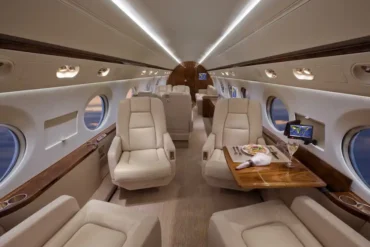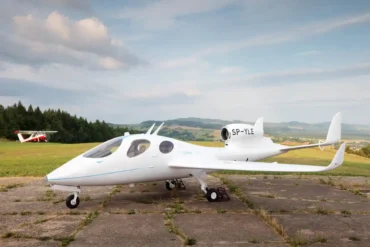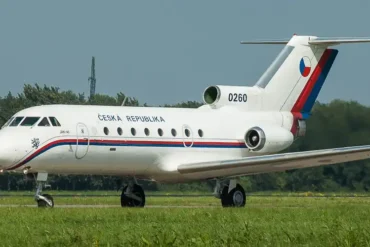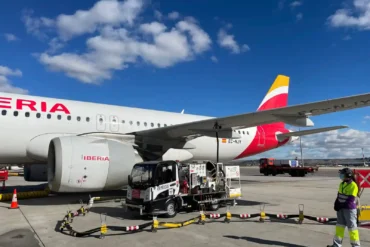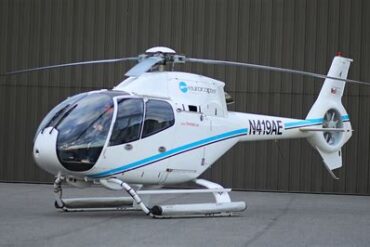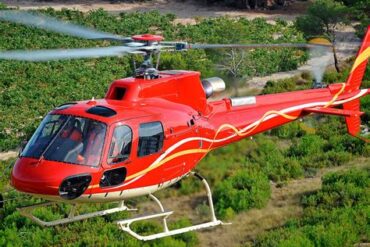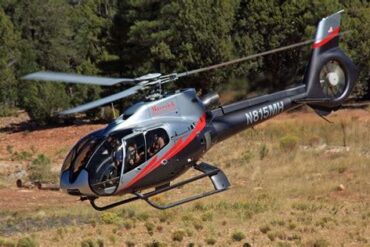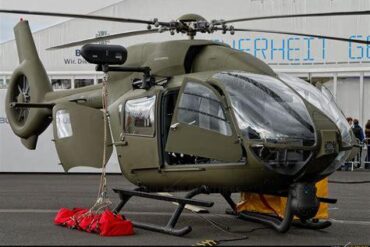The Honda Jet, a remarkable feat of engineering and design, has captured the attention of aviation enthusiasts and business executives alike. Known for its innovative features and exceptional performance, the Honda Jet stands out in the world of light jets. In this article, we will explore the price of the Honda Jet and the operating costs associated with owning and maintaining this exceptional aircraft.
Overview of the Honda Jet
The Honda Jet is a light business jet that made its debut in 2015. With its sleek design and cutting-edge technology, it quickly gained popularity among private owners and corporate clients. The jet boasts a unique over-the-wing engine mount configuration, which not only enhances aerodynamic efficiency but also significantly reduces cabin noise. The Honda Jet is powered by GE Honda HF120 engines, providing impressive performance while maintaining fuel efficiency.
Initial Purchase Price of the Honda Jet
When considering the acquisition of a Honda Jet, the purchase price is a crucial factor. As of the latest data, the base price of a new Honda Jet is approximately $5.3 million. However, this figure can fluctuate based on various factors such as optional features, interior customization, and regional market conditions.
Factors Influencing the Price
-
Customization Options: Buyers can tailor their Honda Jet to meet specific needs, which can significantly affect the overall cost. This includes choosing between different interior layouts, seating configurations, and high-end finishes.
-
Market Demand: The demand for light jets can influence pricing. High demand often leads to higher prices, especially if the aircraft is equipped with sought-after features.
-
Location: Prices may vary based on geographical location due to taxes, tariffs, and local market conditions.
-
Used vs. New: The cost of used Honda Jets can vary widely, depending on their age, condition, and flight hours. A well-maintained used model may be available for around $3 million, offering a more budget-friendly option for potential buyers.
Financing Options
Acquiring a Honda Jet is a significant investment, and many buyers explore financing options. Several financial institutions specialize in aviation loans, offering competitive interest rates and flexible terms. Potential buyers should consider the following financing avenues:
-
Traditional Bank Loans: Many banks offer loans specifically for aircraft purchases, usually requiring a down payment ranging from 10% to 20%.
-
Leasing Options: Aircraft leasing allows for lower upfront costs and the flexibility to upgrade to newer models more frequently.
-
Manufacturer Financing: Honda Aircraft Company may provide financing solutions or partnerships with financial institutions to facilitate the purchase process.
Operating Costs of the Honda Jet
Understanding the operating costs associated with the Honda Jet is essential for prospective owners. These costs encompass various aspects, including fuel, maintenance, insurance, and crew salaries.
1. Fuel Costs
Fuel expenses are one of the most significant ongoing costs for any aircraft owner. The Honda Jet is known for its fuel-efficient design, averaging about 90 gallons per hour (GPH) during cruise. With current fuel prices fluctuating around $5 per gallon, owners can expect to spend approximately $450 per hour on fuel alone.
2. Maintenance Costs
Regular maintenance is vital to ensure the safety and reliability of the Honda Jet. Scheduled maintenance costs can vary based on flight hours, but a general estimate places maintenance expenses at around $200,000 to $300,000 annually. This figure includes routine inspections, parts replacement, and other necessary repairs. Additionally, owners should budget for unscheduled maintenance, which can arise unexpectedly.
3. Insurance Costs
Aircraft insurance is another crucial expense that owners must consider. The annual insurance premium for a Honda Jet typically ranges from $30,000 to $50,000, depending on various factors such as the pilot’s experience, usage of the aircraft, and coverage levels.
4. Crew Salaries
For those who require a crew for their Honda Jet, crew salaries are an important aspect of operating costs. A typical salary for a captain can range from $80,000 to $150,000 per year, while co-pilots may earn between $60,000 and $100,000 annually. Owners should also factor in costs related to training and recurrent training for pilots.
5. Hangar Fees
Storing the Honda Jet in a hangar incurs additional costs. Hangar fees vary widely depending on location and facility quality. Owners can expect to pay between $1,500 and $3,000 per month for hangar space, totaling $18,000 to $36,000 annually.
Total Annual Operating Costs
When all these factors are considered, the total annual operating costs for a Honda Jet can range from $800,000 to $1.5 million, depending on usage, maintenance, and other variables. This estimate includes:
-
Fuel: Approximately $200,000 to $300,000
-
Maintenance: Around $200,000 to $300,000
-
Insurance: $30,000 to $50,000
-
Crew Salaries: $140,000 to $250,000
-
Hangar Fees: $18,000 to $36,000
Resale Value and Depreciation
Like any other luxury asset, the resale value of the Honda Jet is an important consideration for owners. Generally, light jets depreciate at a rate of about 5% to 10% per year. However, due to the Honda Jet’s reputation for quality and performance, it may retain its value better than other jets in its class.
Factors Affecting Resale Value
-
Condition: A well-maintained aircraft with a low number of flight hours will command a higher resale price.
-
Market Demand: Just as with initial pricing, the demand for pre-owned Honda Jets can fluctuate, impacting resale values.
-
Upgrades and Modifications: Any upgrades or modifications made to the aircraft can positively influence its resale value.
Conclusion
In summary, the Honda Jet represents a significant investment, both in terms of purchase price and ongoing operating costs. While the initial price of around $5.3 million sets the stage, understanding the comprehensive operating costs—which can reach $1.5 million annually—is crucial for prospective buyers. By considering factors such as fuel efficiency, maintenance requirements, and resale value, potential owners can make informed decisions regarding their investment in the Honda Jet. The blend of luxury, performance, and efficiency makes the Honda Jet a compelling choice for those seeking a high-quality light jet experience.
